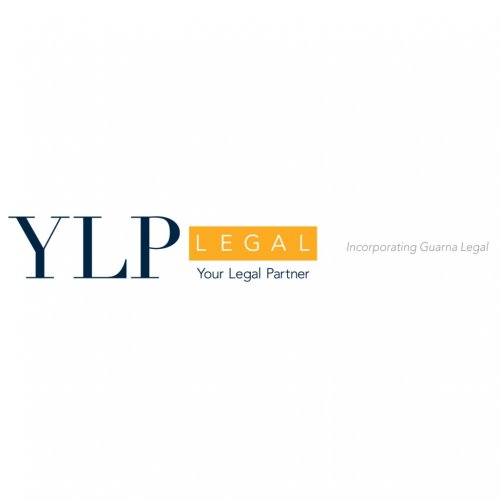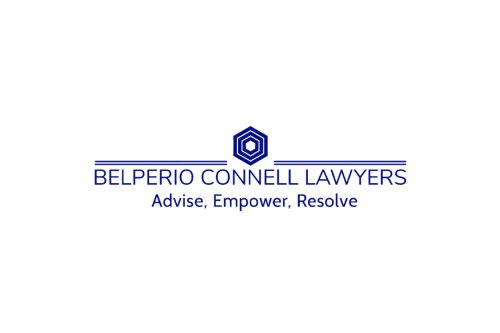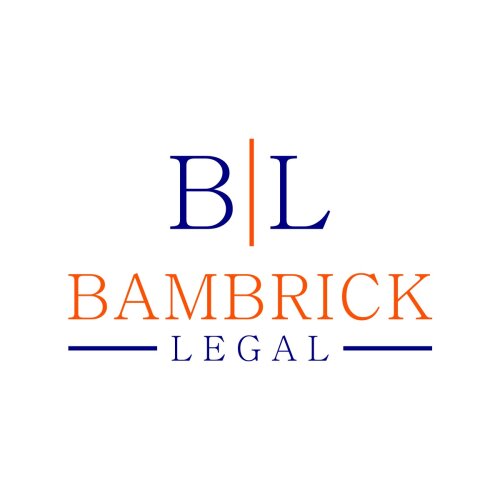Best Collaborative Law Lawyers in Adelaide
Share your needs with us, get contacted by law firms.
Free. Takes 2 min.
Free Guide to Hiring a Family Lawyer
List of the best lawyers in Adelaide, Australia
About Collaborative Law in Adelaide, Australia
Collaborative law is a unique approach to resolving legal disputes, particularly in the realm of family law, through a cooperative process. In Adelaide, Australia, collaborative law has become increasingly popular as a less adversarial and more amicable method of reaching agreements in family-related issues such as divorce, child custody, and property settlements. The process involves both parties working with their lawyers and other professionals as a team to reach an agreement without going to court. It focuses on open communication, mutual respect, and a commitment to settle matters amicably, prioritizing the interests and welfare of all involved.
Why You May Need a Lawyer
Collaborative law is an excellent option for individuals seeking to resolve legal issues without the complexities and antagonism often associated with court proceedings. You might consider hiring a collaborative lawyer in the following situations:
- If you and your spouse are considering divorce and wish to do so amicably.
- When you want to ensure that your children’s needs and interests are prioritized in custody arrangements.
- If you need to settle property division or financial disagreements with minimal conflict.
- When there is a need for a fair and private process where all parties are supported by their lawyers but agree to avoid litigation.
Local Laws Overview
In Adelaide, the Family Law Act 1975 governs family law issues and supports the practice of collaborative law. These laws encourage resolving disputes outside of the court, in line with collaborative law aims. Some important aspects to be aware of include:
- The Principles of Collaborative Law: They promote transparency, negotiate in good faith, and prioritize the interests of children.
- Mandatory Disclosure: Both parties must openly share all relevant financial information.
- Legal Binding: Agreements reached under collaborative law must be formalized to become legally binding.
- Withdrawal and Transition: If the collaborative process fails, parties can opt for traditional litigation, but must start afresh with new legal representation.
Frequently Asked Questions
What is Collaborative Law?
Collaborative law is a method of dispute resolution where both parties and their legal representatives commit to avoiding litigation by working together to negotiate a mutually acceptable agreement.
How does Collaborative Law differ from mediation?
While both are alternative dispute resolution methods, collaborative law involves each party having their own lawyer present throughout negotiations, whereas mediation typically involves a neutral third party facilitating discussions.
Who can participate in collaborative law?
Collaborative law can be used in various legal disputes but is most common in family law cases. All parties must agree to the process and commit to not going to court.
Do collaborative lawyers need special training?
Yes, collaborative lawyers often undergo specialized training to effectively facilitate the process and adhere to its principles.
What happens if one party chooses to go to court?
If any party decides to pursue litigation, both parties must engage new lawyers, as collaborative lawyers are disqualified from representing them in court.
Is the collaborative law process confidential?
Yes, discussions and agreements in collaborative law are confidential and not disclosed in court unless both parties agree.
Can agreements reached through collaborative law be enforced?
Yes, once agreements are formalized, they can be enforced like any other legal contract or court order.
How long does the collaborative law process take?
The duration varies depending on case complexity and parties' cooperation, but it generally resolves disputes quicker than traditional court processes.
What are the costs involved in collaborative law?
While costs can vary, collaborative law is often less expensive than litigation due to its efficiency and reduced adversarial nature.
What happens if the collaborative process fails?
You must begin litigation with new lawyers, as the current ones cannot represent you in court due to the nature of the collaborative agreement.
Additional Resources
Those seeking more information or assistance with collaborative law in Adelaide can reach out to the following resources:
- Family Relationships Online: Provides information about family law processes and services available in Australia.
- Law Society of South Australia: Offers resources and referrals to lawyers skilled in collaborative law.
- Relationships Australia: A community-based organization offering support and services related to family law matters.
Next Steps
If you decide that collaborative law is right for your situation, consider taking the following steps:
- Research and contact a lawyer experienced in collaborative law in Adelaide.
- Discuss your needs and goals to ensure collaborative law is suitable for your case.
- Engage a lawyer and mutually agree with the other party to the collaborative process.
- Begin the collaborative meetings and negotiations with the assistance of your legal representatives and any necessary professionals.
Lawzana helps you find the best lawyers and law firms in Adelaide through a curated and pre-screened list of qualified legal professionals. Our platform offers rankings and detailed profiles of attorneys and law firms, allowing you to compare based on practice areas, including Collaborative Law, experience, and client feedback.
Each profile includes a description of the firm's areas of practice, client reviews, team members and partners, year of establishment, spoken languages, office locations, contact information, social media presence, and any published articles or resources. Most firms on our platform speak English and are experienced in both local and international legal matters.
Get a quote from top-rated law firms in Adelaide, Australia — quickly, securely, and without unnecessary hassle.
Disclaimer:
The information provided on this page is for general informational purposes only and does not constitute legal advice. While we strive to ensure the accuracy and relevance of the content, legal information may change over time, and interpretations of the law can vary. You should always consult with a qualified legal professional for advice specific to your situation.
We disclaim all liability for actions taken or not taken based on the content of this page. If you believe any information is incorrect or outdated, please contact us, and we will review and update it where appropriate.

















